[Joint CQSE & NCTS Seminar] Generalized master equation approach to dynamical steady states of a strongly driven two-level system
Title: [Joint CQSE & NCTS Seminar] Generalized master equation approach to dynamical steady states of a strongly driven two-level system
Speaker: Dr. Chien-Chang Chen (Department of Physics, National Taiwan University)
Time: Oct. 7, 2022, 14:30-15:30
Place: Rm. 104, Chin-Pao Yang Lecture Hall, CCMS & New Physics Building, NTU
Online: https://nationaltaiwanuniversity-zbh.my.webex.com/nationaltaiwanuniversity-zbh.my/j.php?MTID=mfb9740abc62590ec301de893cd73304b
Abstract:
We apply an exact generalized master equation (GME) and a high-frequency approximated
GME to describe the steady-state transmission at probe frequency of a driven two-level system,
a superconducting circuit with the persistent current circulating coherently between clockwise
and anticlockwise in the loop, interacting with a bosonic photon bath. Comparing the results
obtained using these two GMEs with those from a recent superconducting flux qubit experiment
and its corresponding theoretical approximated GME method, we find that the original
parameter set used in the experiment and theoretical method is not in the high-frequency
parameter regime. By using the exact GME with a slight adjustment on temperature and the
proportionality factor strength in the original experimental parameter set as a function of driving
strength, we find that a reasonably well fit to the experimentally measured steady-state probe
transmission data can be achieved. Our exact GME approach does not require the Laplace
transform with the pump-averaged kernels employed in their approximated GME method, and
can still describe the experimental results of driving-induced bath-modified Bessel patterns in
the experiment. This demonstrates that the exact GME approach is a correct and efficient tool to
describe the steady-state properties of a driven spin-boson model in the case of strong system-
environment coupling.
Biography:
國立臺灣大學 物理系博士畢業 2017/01
國立臺灣大學 物理系博士後研究-研發替代役 2017/03~2020/01
國立臺灣大學 物理系博士後研究 2020/01~now


